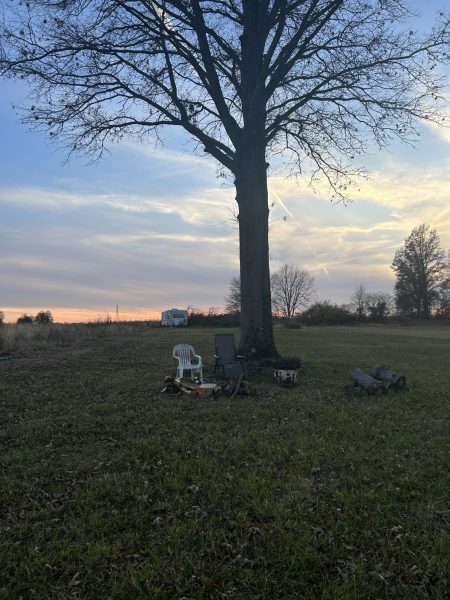Medical experts identify the causes of a “Blue Christmas”

Photo Courtesy: Unsplash
December 5, 2022
While the holidays are often associated with jolly and glee, there are other responses when one thinks of the wintry months and the holidays within them.
As some take the snowflakes and sleds as a form of nostalgia and positive memories, it’s essential to be aware of those who find stress and loneliness hidden beneath the holly surface. Some anxieties of the season can be attributed to financial hardships, lack of time, social gatherings (which may be overwhelming to some), and other stress-inducing activities.
According to a study conducted by the American Psychological Association, “The hustle and bustle of the holidays has psychological consequences for some respondents. More people are inclined to feel that their stress increases, rather than decreases, around the holidays (38 percent increase versus 8 percent decrease).”
To dive deeper into what actually happens when we fret about a seemingly harmless holiday, we can look within the brain and find the science behind our stress.
According to Harvard Medical School, the brain’s prefrontal cortex goes into overdrive due to the unusual amount of activities and responsibilities that happen throughout the season, “Over time, a high level of demand can decrease memory, halt production of new brain cells, and cause existing brain cells to die.”
Another inescapable factor of the season is the icy chill and gloomy skies. According to McLean Hospital, a lack of sunlight can increase the risk of depression, and they recommend as much exposure to sunlight as possible throughout the season.
Although all of these factors take a negative toll on many, stress may be better managed in times of pressure by taking a step back, breathing, and allowing moments of relaxation and self-care, which are especially important as we enter the gift-giving season.
In hopes of comfort during the holiday season, McLean Hospital said, “Recognize that you don’t need to force yourself to be happy and that it’s good to acknowledge feelings that aren’t joyful; remember that you are not alone in feeling this way.”



















